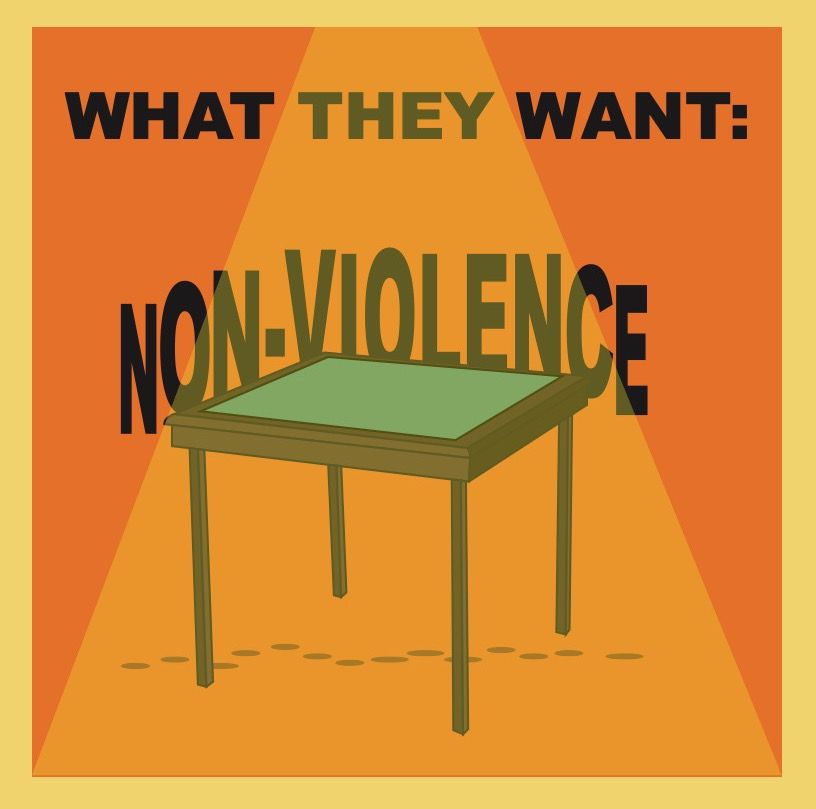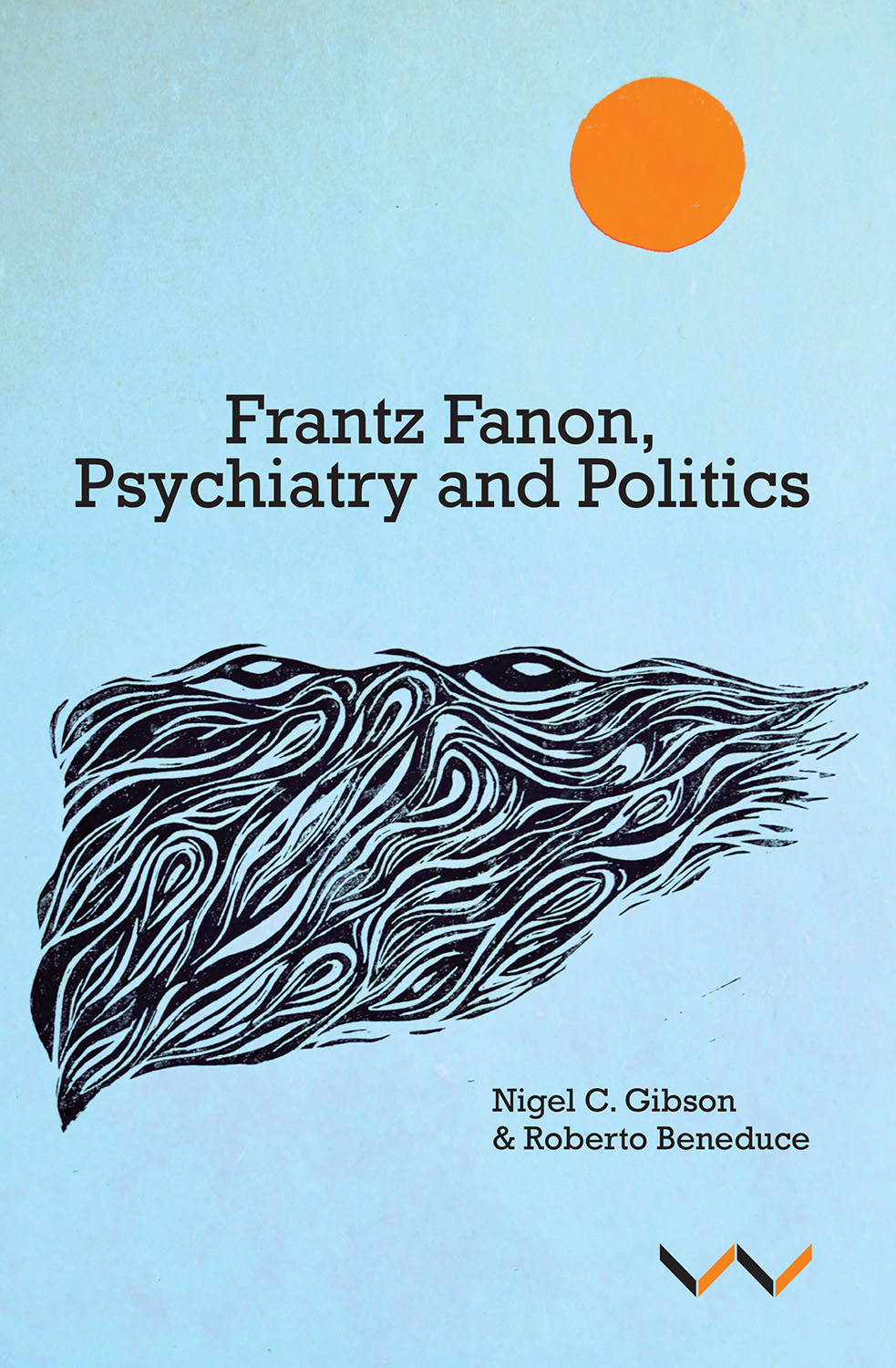

In fact, businessmen and landowners often try to grab for more power after independence, seeking to overtake the positions previously held by the colonists instead of eliminating such hierarchical positions of power altogether. Unfortunately, the nation does not just automatically cohere after independence. In Chapter 3, Fanon discusses how these different groups-the urban elite, urban workers, and rural fighters-get together to form a nation after independence from the colonists.

The true revolution is eventually led by the masses who have discovered that, through violence, they can liberate their souls at the same time that they fight colonial oppression. Similarly, the colonized workers in cities may unionize and stage strikes in order to improve their working conditions, but this, too, is limited and does not include the rural masses. The colonized elites in urban areas-intellectuals and owners of businesses-may form political parties, but these tend to ignore the needs and desires of the colonized in rural areas, where the majority of the colonized population actually lives. But in time, as violence awakens the masses to the injustices of colonialism, more and more fight back and soon the colonized people as a whole begin to fight colonialism.ĭuring this stage of decolonization, as Fanon discusses in Chapter 2, the colonized may form a number of political organizations. At first, this anticolonial violence is sporadic, usually irrupting spontaneously in the rural areas of a colonized country. Decolonization is a violent process not only of overthrowing a colonial government, but of freeing the colonized from the mindset imposed upon them. The colonist maintains this hierarchy through violence by police and soldiers, and in turn, it is only through violence that the colonized can re-assert their own humanity. These identities are created by the colonist in order to assert his own superiority. In Chapter 1, “On Violence,” Fanon introduces the colonial world as one that is divided into the colonist and the colonized. That is, he both reports on events in the recent history of decolonization, and theorizes what these events mean or could mean philosophically. Fanon’s discussion is both theoretical and journalistic.

Over the course of five chapters, Fanon covers a wide range of topics, including patterns in how the colonized overthrow the colonist, how newly independent countries form national and cultural consciousness, and the overall effect of colonialism on the psychology of men and women in colonized countries. The Wretched of the Earth is Frantz Fanon’s seminal discussion of decolonization in Africa, especially Algeria.


 0 kommentar(er)
0 kommentar(er)
